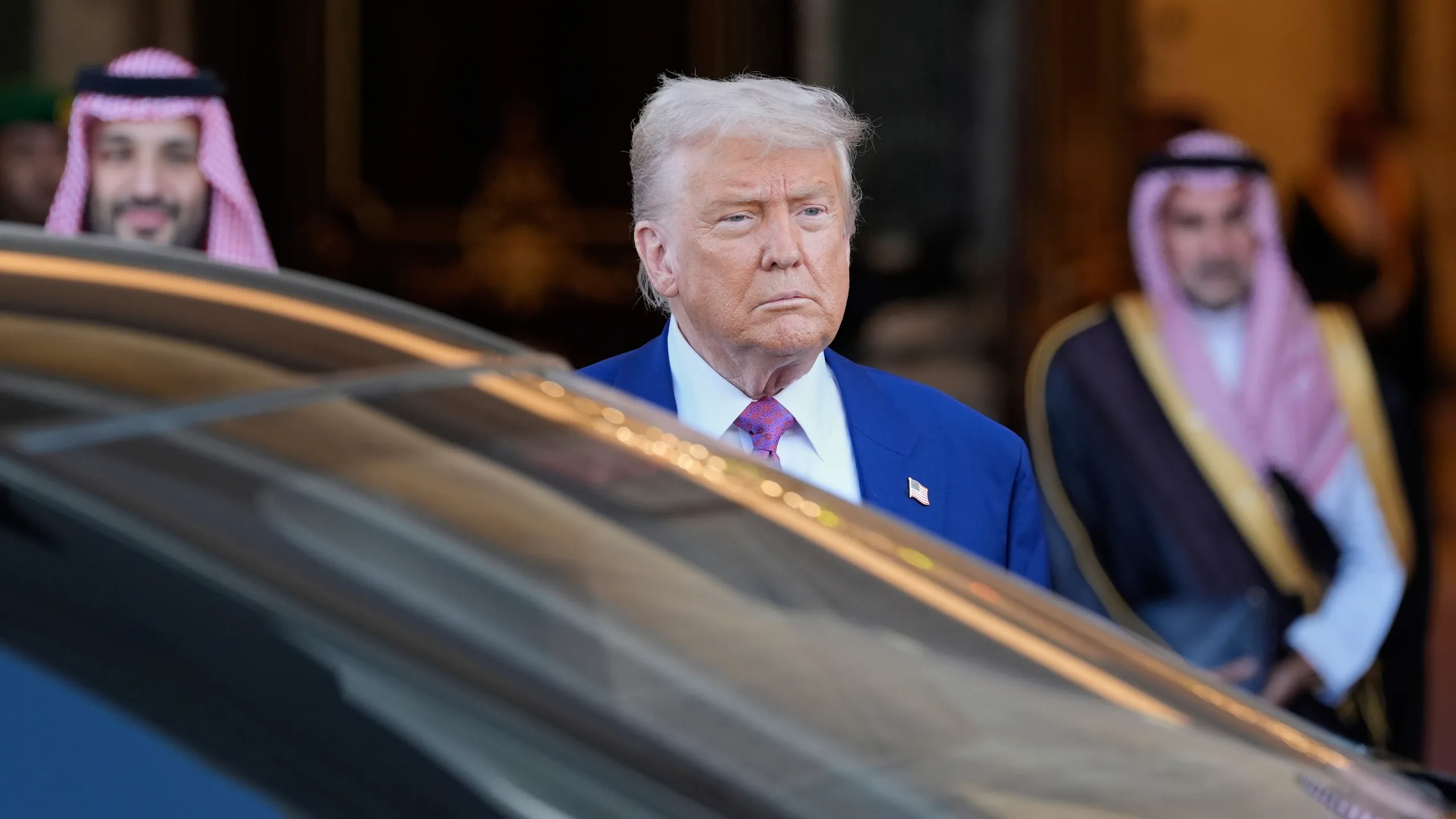Riyadh, Saudi Arabia – In a move that has sent ripples across the Middle East and ignited debate around the world, US President Donald Trump met with Syria’s interim president, Ahmad al-Sharaa, on Wednesday, marking the first such encounter between the two nations’ heads of state in 25 years. Held on the sidelines of the Gulf Cooperation Council summit, this meeting represents a significant political shift following the dramatic collapse of the Assad regime during a major opposition offensive in December 2024.
But this isn’t simply a story of a new leader emerging from the ashes of conflict. It’s a story of calculated risk, shifting alliances, and a potentially destabilizing gamble.
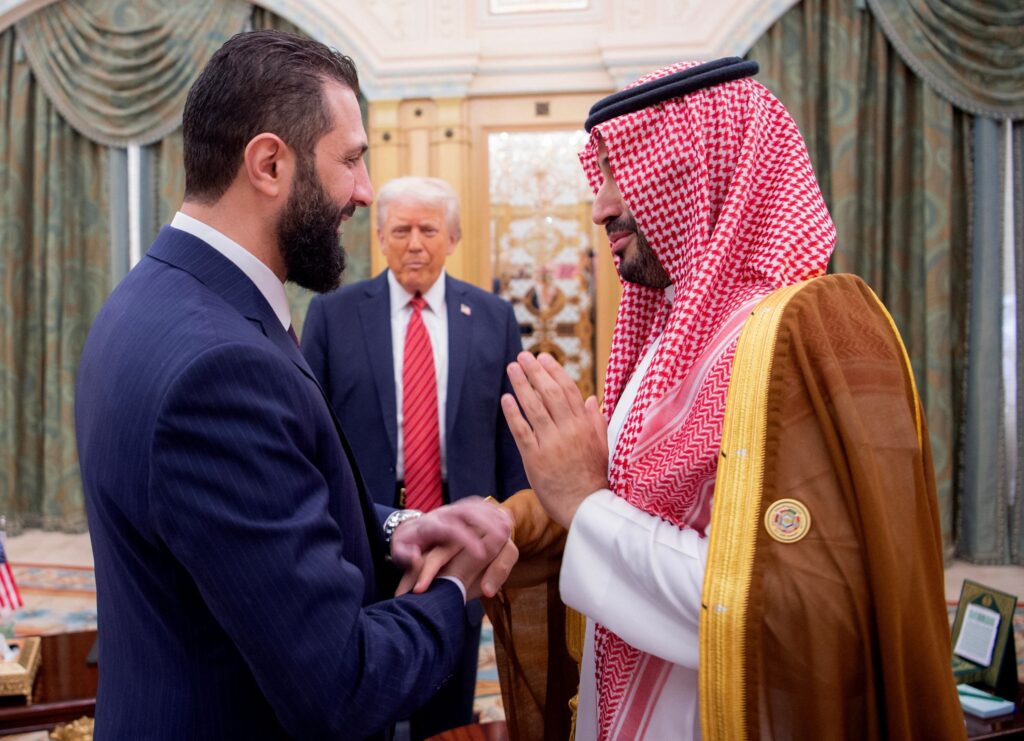
A Meeting of Murky Past and Bold Ambition
President Trump described the meeting as “great,” praising al-Sharaa as a “Young, attractive guy, tough guy” with a “Strong past, very strong past — fighter. He’s got a real shot at holding it together.” This assessment, however, is immediately complicated by al-Sharaa’s history. Formerly known as Abu Mohammed al-Golani, he was a key figure in al-Qaeda and a fierce opponent of US forces during the Iraq War, even spending years in American custody.
The revelation of this past has understandably raised eyebrows, particularly in Washington and Tel Aviv. Concerns are mounting about the potential for extremist influence within the new Syrian government, a worry amplified by the presence of some of al-Sharaa’s followers who are described as “extreme Islamists.”
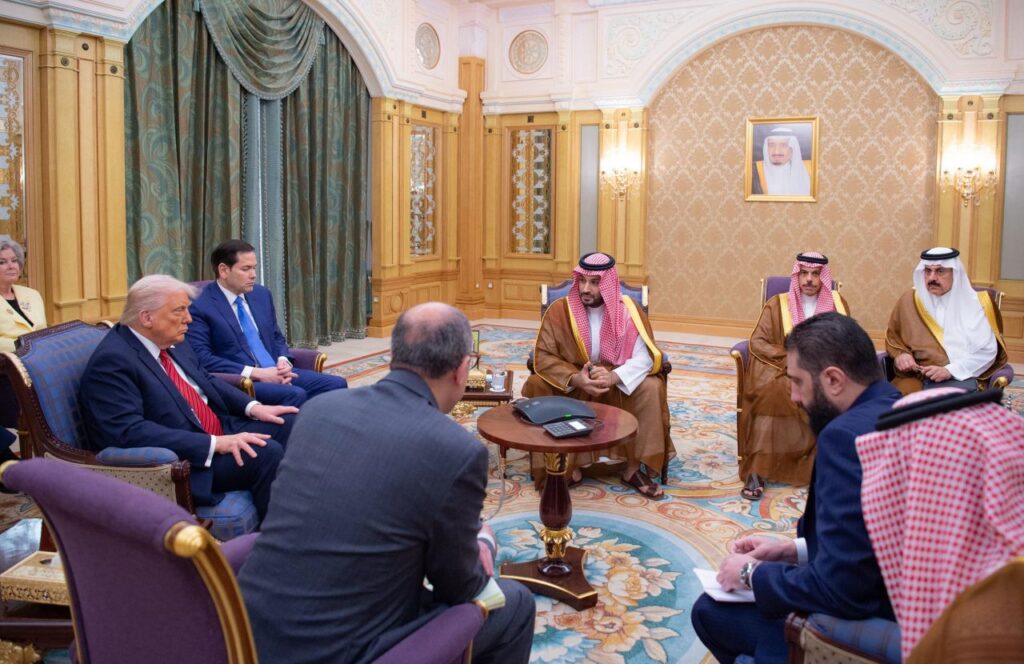
Sanctions Relief: A Gamble with Global Implications
Adding fuel to the fire is the United States’ announcement on Tuesday that it would lift long-standing sanctions on Syria. This dramatic policy change, championed by President Trump, is intended to “boost Syria’s war-torn economy and reshape power dynamics in the Middle East.” The move has been enthusiastically welcomed by Saudi Arabia, who see al-Sharaa as a potential counterbalance to Iranian influence in Syria.
However, the decision is not without its critics. Israeli Prime Minister Benjamin Netanyahu directly appealed to President Trump to maintain sanctions, citing fears that a weakened Syria could become a launchpad for attacks similar to the October 2023 Hamas assault. This concern underscores the heightened tensions between the US and Israel, particularly given the ongoing conflict in Gaza.
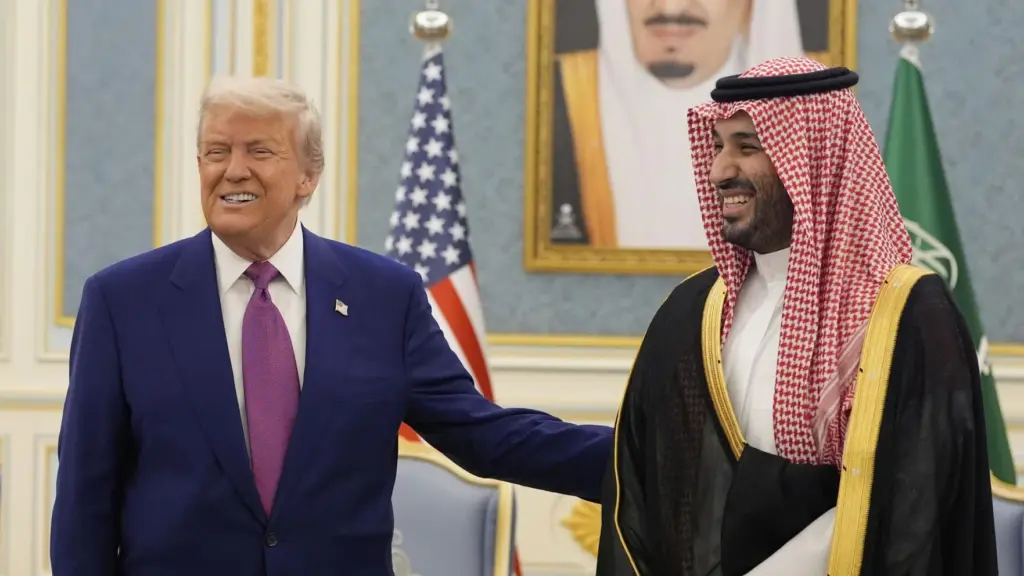
A Shifting Landscape
The meeting itself was a significant moment, attended by business elites like Elon Musk, OpenAI CEO Sam Altman, and BlackRock’s Larry Fink, signaling a potential influx of investment into a country desperately in need of rebuilding. Yet, the underlying questions remain: Can a former militant leader truly transition to a position of stability? Can the US, with its history of involvement in the region, effectively manage the risks associated with this new dynamic?
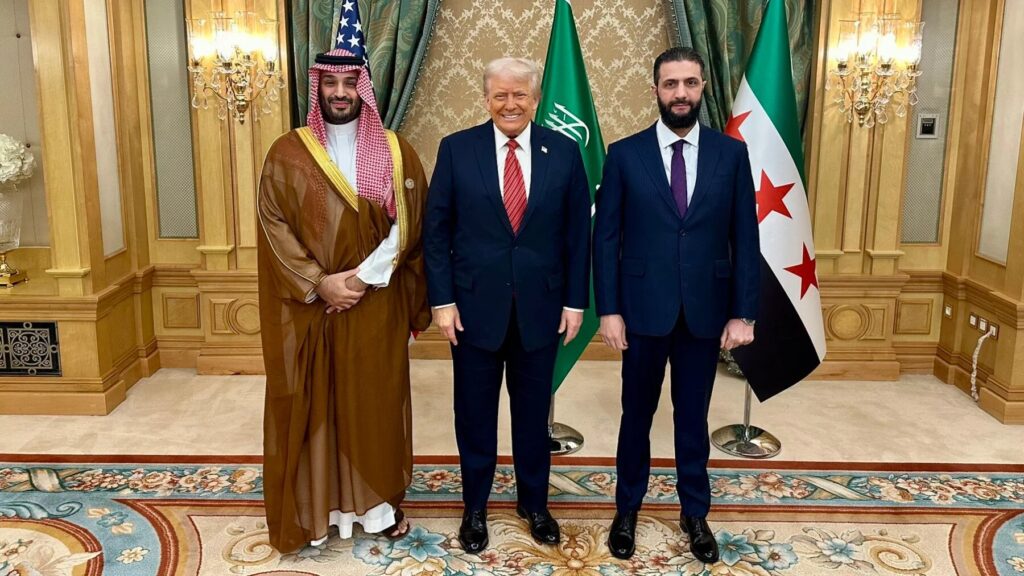
Looking Ahead
The future of Syria hangs in the balance. President Trump’s bold move – a gamble on a complex and potentially dangerous leader – is being watched with a mixture of hope and apprehension. As the dust settles on this historic meeting, one thing is clear: the Middle East is undergoing a profound and unpredictable transformation.
Sourced from https://timesofindia.indiatimes.com/
Additional Details:
